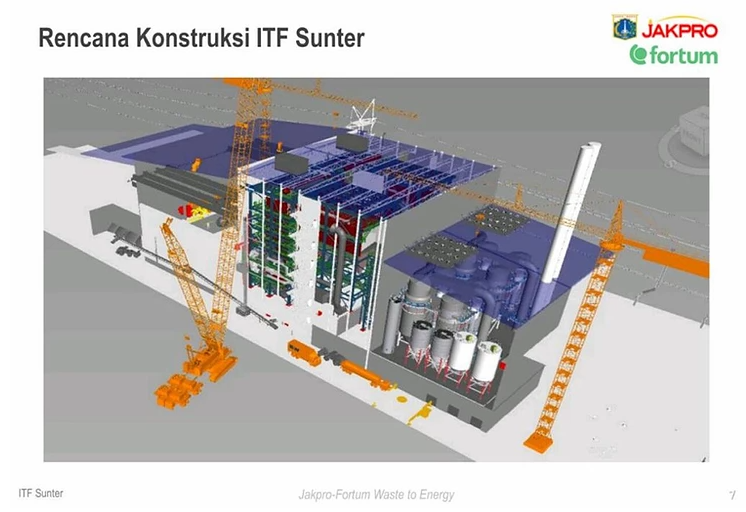Jakarta, July 18th, 2019 – Elected President, Joko Widodo, delivered his acceptance speech in Bogor City on July 14, 2019. His programs focus on infrastructure development, human resource development, investment increase for more jobs, bureaucracy reform, and, lastly, effective, and efficient use of the state budget.
However, several NGOs spotted a contradiction having it compared to the results of a cabinet meeting on July 16, 2019. The meeting discussed the Waste-to-Energy (WTE) projects to tackle waste and marine debris issues, planned to be established in Surabaya, Solo, Bekasi, dan DKI Jakarta with direct supervision from the national government.

Responding to the results of the cabinet meeting, four environmental NGOs: WALHI, ICEL, Nexus3, and Ecoton, reminding the Indonesian government that investing in solutions to tackle environmental issues has to be thoroughly planned and implemented effectively and efficiently so that the state budget is spent as accordingly.
These four environmental NGOs sees that Waste-to-Energy using thermal technology is not an effective, efficient, and sustainable, especially for long-term investment.
“Acceleration development project of incineration or WTE, once again, showed that Jokowi’s cabinet prioritize investors, centralized projects, and huge investments. WTE with thermal technology will not resolve waste management issues in those cities, but instead, they will create more problems in the future,” explained Yaya, WALHI National Executive Director. Yaya added, ”Huge amount of subsidy will be allocated to essentially burn waste, while waste management initiatives and decentralization concepts unprioritized. Waste management concept in the Waste Management Act aims to decentralize waste treatment, as early from the source.”
Waste management issues have been Indonesia’s main focus, considering that has been several law and decree issued addressing the improvement of waste issues in Indonesia, within the same few years.,,
“Government have to act accordingly as Supreme Court verdict, which stated that waste end treatment with thermal tech does not correspond with the Waste Management Act. Waste issue may be importunate, however, the solution of the problem should never violate the law,” added Fajri, Head Division of Environmental Management and Disruption from Indonesian Center for Environmental Law.
“Thermal waste-to-energy is not suitable for Indonesia’s waste management solution. Not only the unfitted technical and financial aspect, but also the high risk impacts to the surrounding communities. Burning waste, especially plastic, creates new vital disaster, due to the invisibility,” explained Yuyun Ismawati, Fokus Nexus 3 Foundation’s Senior Advisor. “Fly and bottom ash from thermal WtE is categorized as hazardous waste that has to be treated in a special hazardous waste facility. This shortcut and mega project will be the new disastrous problem if those ashes are treated as normal waste.”

“Considering there will be new toxic source in each 12 cities’ thermal waste to energy, feasibility study and environmental permits will not be enough to preserve health, quality of life, and environmental improvement for the people,” added Daru Setyorini, Director of Ecoton Foundation. “Waste management has to be improved, including the 12 particular cities of which waste to energy are planned to be established, however, thermal technologies is not a suitable solution. Zero waste concept approach have been proven able to be implemented, even in big cities, and this should be supported by the national government.”
These environmental activists sees the inconsistency of thermal WTE as waste management solution through several aspects. From the technical perspective, Indonesian waste contains high water content and low calorific value. An additive fuel will be required to essentially burn wet waste in these 12 cities. Consequently, fly ash, bottom ash, nano-sized particulate emission, dioxins, and furans, will be released to the air, soil and water.
Financially, thermal WTE requires high investment and operational cost compared to landfill, with the addition of high technical and environmental risks.,, This is also supported by a toxicology and environmental chemistry expert, Prof. (emeritus) Paul Connett. “Indonesian waste are wet due to the high fraction of mixed organic and inorganic waste. It requires high energy to process within the facility. There will be no efficient economic value and energy production. The fact is, energy production from thermal WTE is only produce small amounts of energy,” Paul Connett stated during the Zero Waste Campaign in Indonesia last week.

He also added that low temperature technology, anaerobic digestion for instance, is more suitable for Indonesia, especially to treat organic waste through microbes’ work.
Three years ago, Indonesian government issued Presidential Decree No. 18/2016 concerning Acceleration of Thermal Waste to Energy Development in 7 cities, where later cancelled by the Supreme Court, as a judicial review was filed from several NGOs and individuals.
Ironically, only within 2 years, the government issued Presidential Decree No. 35/2018 concerning Acceleration of Environmentally Sound Waste to Energy. Essentially, there are no major difference from those two presidential decree. Therefore, Alliance for Zero Waste Indonesia have been constantly reminding the government not to be prematurely pushing for the development of thermal waste to energy.



















